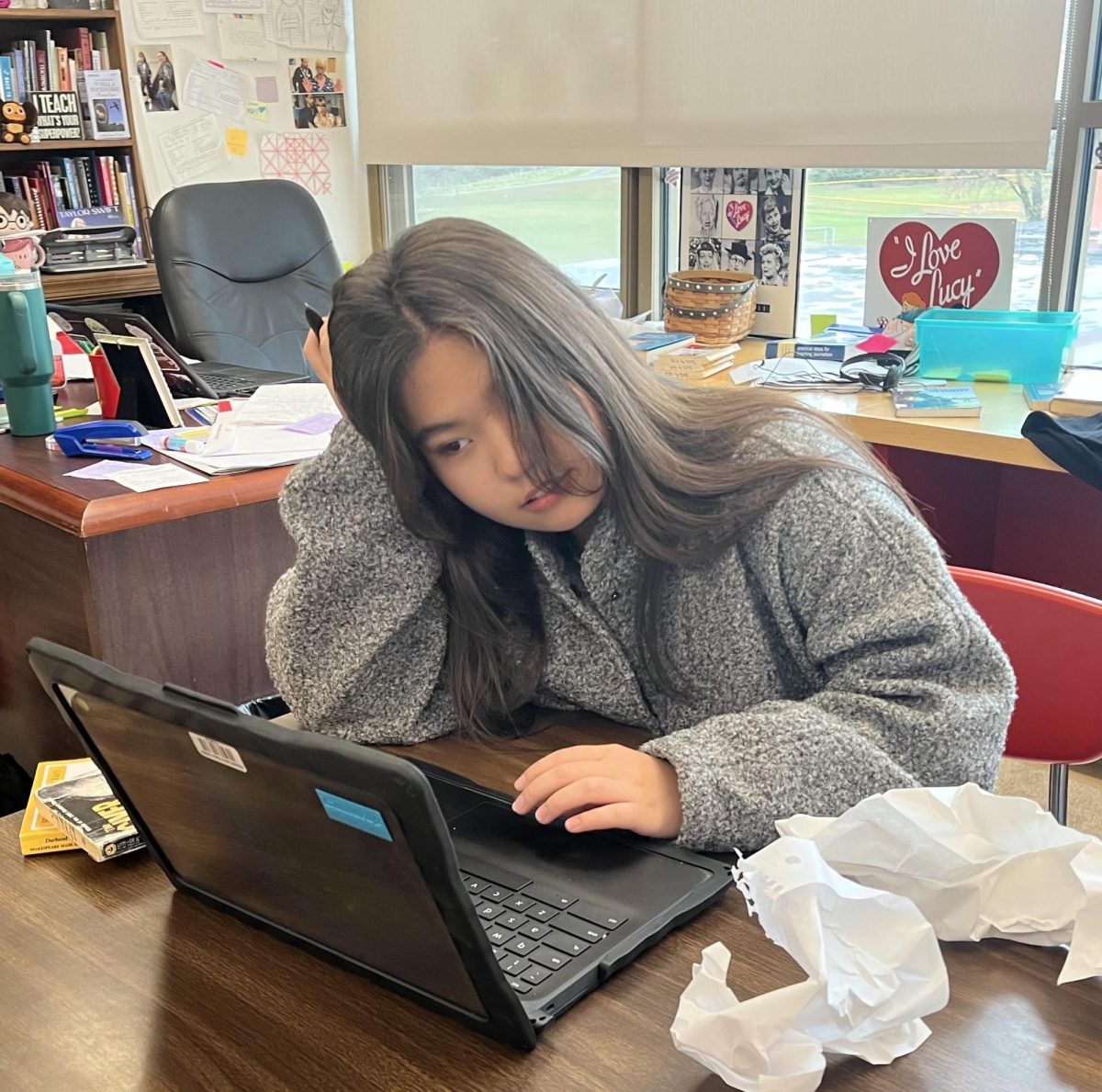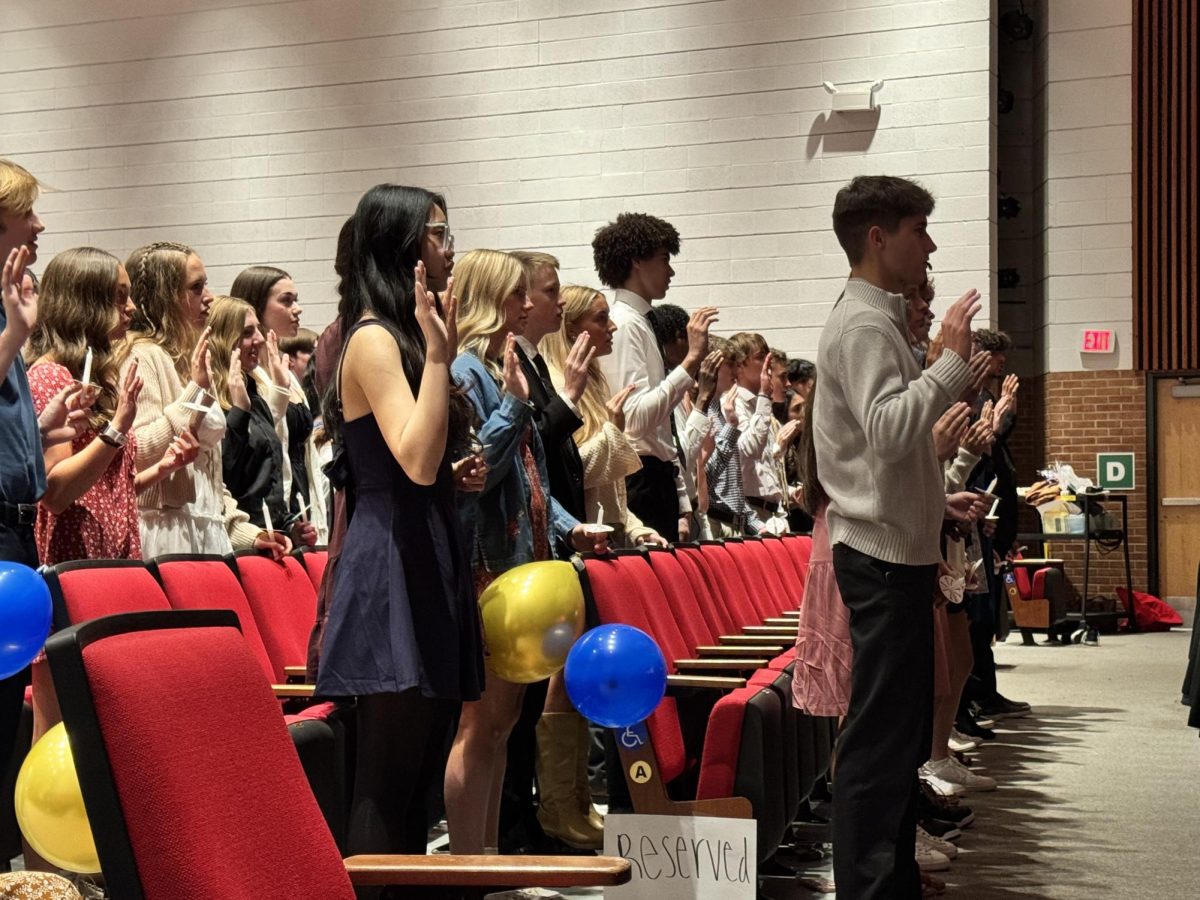Burnout is often normalized within high school with terms like sophomore slump or senioritis. However, burnout might not be the unavoidable struggle students see it as. Work is often blamed, but it’s unclear whether overworking is the problem or if students’ habits bring it on.
FHS students commonly feel that work is overwhelming and overtakes their personal lives. Sophomore George Adamec says, “I don’t get to spend as much time with my friends; I always have to miss things.” Other FHS students share this sentiment. Junior Lydia Lovell believes that “people do things outside of school that’s not just homework, but [schoolwork] gets in the way, and [they] get tired.” Because of excessive schoolwork, students like Adamec and Lovell may struggle to make time for themselves. Besides losing time usually spent with loved ones, students also lose proper sleep because of overworking. Lovell says that she ”definitely [sleeps] in class more [because of schoolwork].” This behavior is unfortunately normalized, as students feel expected to sacrifice their time and happiness for better grades.
Students may believe that less homework is the solution to burnout. Still, FHS teachers think otherwise. Jennifer Major, an English teacher, believes that extra work is important to “teach [students] how to manage their time… It’s not about assigning less or expecting less.” History teacher Ron Pfeiffer has a similar standpoint, believing that “what [teachers] can do is provide [students] with the skills to realize that it’s not overload and to avoid burnout.” Their ideas provide a fresh perspective that students often don’t get. Without a direct understanding of this by students, they fail to see the importance of extra schoolwork. Instead of using work as an opportunity to improve; it’s sludged through as an obstacle. As Major puts it, “The main contributor is [students] desire to learn; if they have that, they’ll be more willing to do the work.”
While students can easily blame teachers for excessive schoolwork, it’s not the real enemy. Listening to and taking these teachers’ advice can help students understand if they lack these skills and work to improve them. If taught these skills, students would be ready to tackle work while avoiding burnout and unnecessary stress. Luckily, FHS has teachers like Major and Pfieffer implementing these skills into their teaching to help students in the future.







